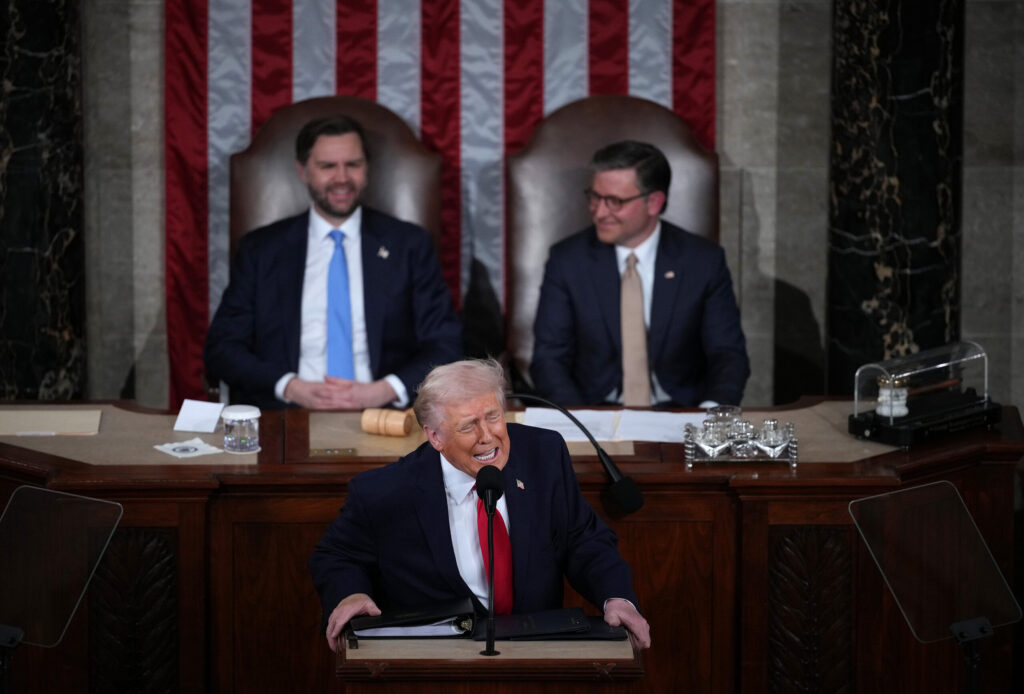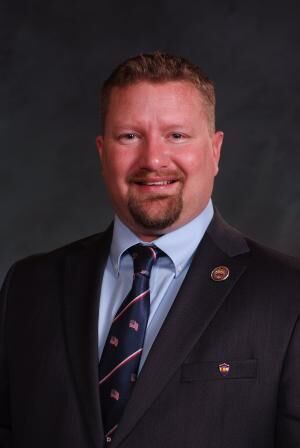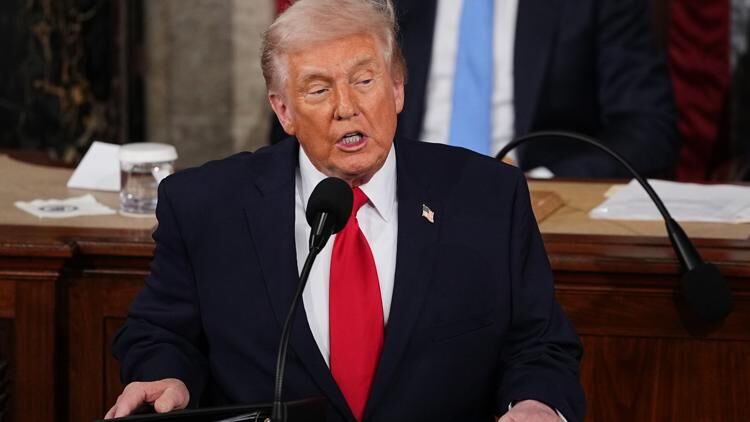Day Four: Not for the faint-hearted, debating doomsday
Almost two years after Edward Snowden brought to light secret government surveillance practices, a panel of three privacy proponents met Thursday morning to discuss, “Cyber Security and Privacy We’re All H@cked.”
Investigative journalist and civil liberties advocate Chip Berlet joined Malou Innocent from the libertarian think tank Cato Institute and Mother Jones co-editor Clara Jeffery. In the absence of a supporter of the NSA programs, the panel embarked on an 80-minute journey to point out how online data security affects everyday lives.
The trio repeatedly brought up European privacy laws, which allow users much more knowledge about and access to the data that is being stored about them. Berlet acknowledged the increased U.S. need to track communication activity for national security reasons. But that didn’t alter his ultimate conclusion the least bit: “If democracy is based on informed consent, we don’t have a democracy now.”
He said defending civil liberties should not be a partisan issue. He also warned that citizen journalists, who play an increasingly active role in shaping public opinion, need some sort of technical and ethical training before they can handle information responsibly.
Jeffery took the conversation a step further when she asked what was worse, private corporations such as Facebook storing and selling data, or the government amassing heaps of its citizens’ digital footprints?
Innocent said gathering intelligence was about finding the needle in a haystack, “And we are making that haystack bigger and bigger.”
For the Cato scholar, the most troubling current trend was the disparity in norms being applied to the general public and members of the government. Innocent particularly mentioned Hillary Clinton’s unilateral decision to delete emails from her time as secretary of state.
“Some of our most powerful political elites can exempt themselves from transparency that we must do on a daily basis,” Innocent said.
In the audience was a group of students from a middle school in Littleton. When one of them asked the panel why this issue hadn’t been brought to the Supreme Court yet, if it was such a big deal, Berlet had a simple answer: “We don’t trust the Supreme Court currently to make the right decision.”
***
A day after one of the week’s benchmark panels discussed the agreed-upon framework to curtail the Iranian nuclear program, former CIA operative Valerie Plame Wilson and nuclear proliferation expert Joe Cirincione took the stage at CU’s Macky Auditorium for a follow-up discussion on “Nukes in Unstable Regimes.”
Cirincione said while the Iran controversy captures public attention, the most imminent nuclear threat comes from Pakistan. The president of the global security foundation Ploughshares Fund reasoned that not only was the Pakistani military and intelligence community infiltrated by Islamic fundamentalists, but the country also shares a war-torn border with another nuclear power, India.
He also came out in strong support of the preliminary deal the P5+1 coalition reached with Iran in Switzerland last week. He called it potentially a fundamental geopolitical shift in the region, one that many presidents in the past failed to achieve.
“You could be looking at the end of proliferation if you lock up the Iranian nuclear program for at least 10 years, maybe longer,” Cirincione said.
During Wednesday’s panel, conservative author Robert Kaufman had attacked the Obama administration for striking an “unenforceable” deal that would be the “Autobahn to Iran getting the bomb.”
Cirincione on Thursday offered a rebuttal of such doomsday scenarios. If Iran cheated, he said, the U.N. Security Council could meet and instantly snap sanctions back into place. And if that failed, there was still the military option. “All the options right now would still be on the table in the future if Iran violated this agreement,” Cirincione said.
He criticized U.S. Sen. Michael Bennet for co-sponsoring a bill brought forward by Tennessee Sen. Bob Corker that aims to review the Iran deal but would effectively kill it, the Ploughshare Fund president said. “We just need the do-nothing Congress to do nothing.”
***
Talking about bad guys getting their hands on nuclear weapons may have already been disheartening for some members of the audience.
But those who afterward made their way over to the University Memorial Center to hear communications specialist Morrow Cater, climate researcher Julie Brigham-Grette and bio-ecologist William Rees talk about fossil fuels, renewable energy and climate change, were in for another rocky ride.
Rees, an ecological footprint scholar, said a temperature increase of 2 degrees Celsius over the next few decades is pretty much already locked into the system. But he warned that number could double if the U.S. and countries around the world didn’t cut their use of fossil fuels by 70 to 80 percent. He was well aware of the conundrum of an ever-growing society whose growth depends on a cheap and abundant energy supply.
But Rees explained disregarding that track would lead to climate migration, displace as many as two billion people and endanger the world food supply.
He said it was time for the U.S. to help countries around the globe leapfrog out of the era of fossil fuels and toward clean energy—and to start in its own backyard. Just hoping for the best would be “paralytic,” the scientist warned.
The two other members of the panel struck a slightly more optimistic note, but they agreed in substance with Rees.
Brigham-Gette said it was time to acknowledge who the climate change deniers are. “The exact same scientists and lobbyists who once told us that cigarettes and cancer aren’t linked are now telling us that climate change isn’t real. The exact same people.”
Cater is working to solve the problem of misinformation. “You have to have trusted leaders talking about this issue,” she said. “Conservatives trust Al Gore the way that liberals trust Rush Limbaugh.”











